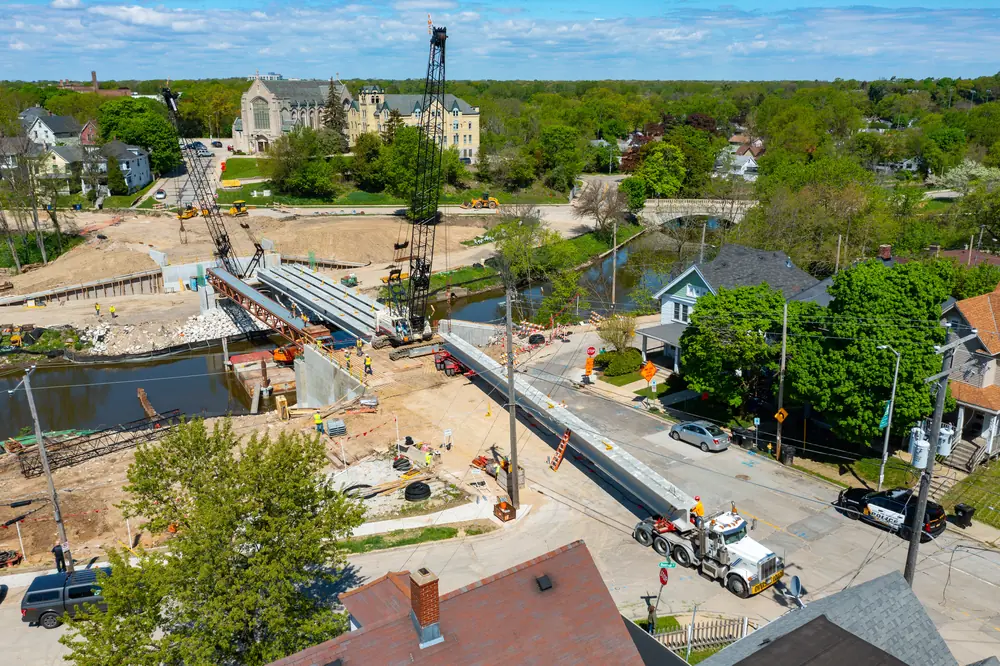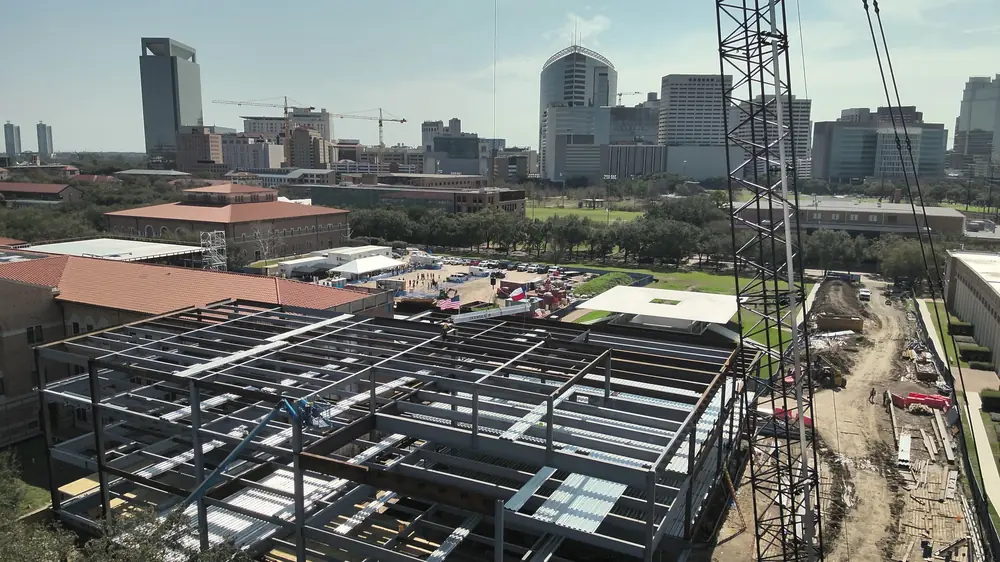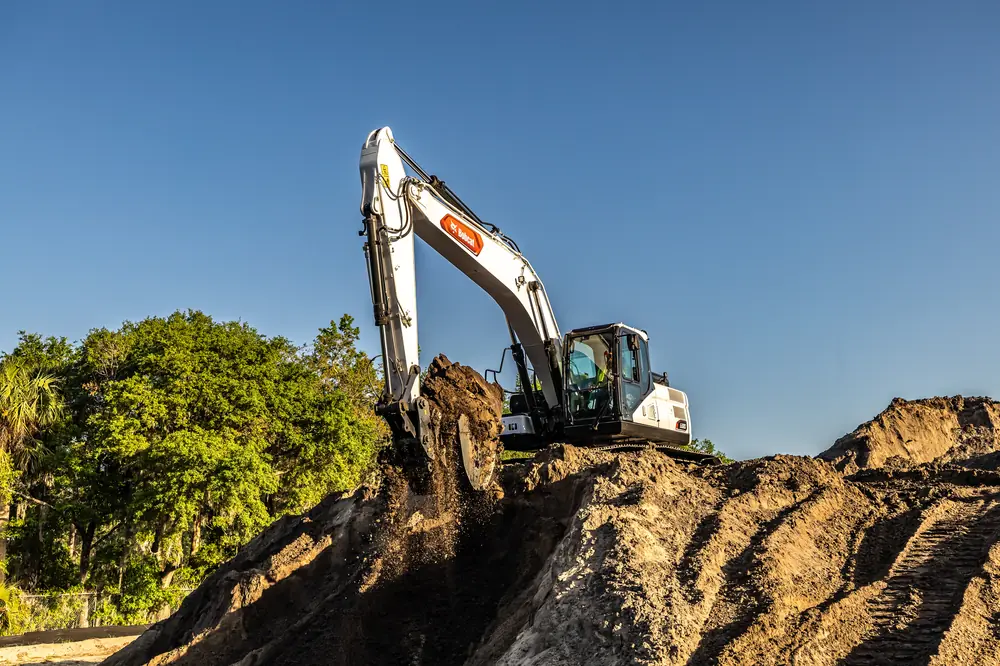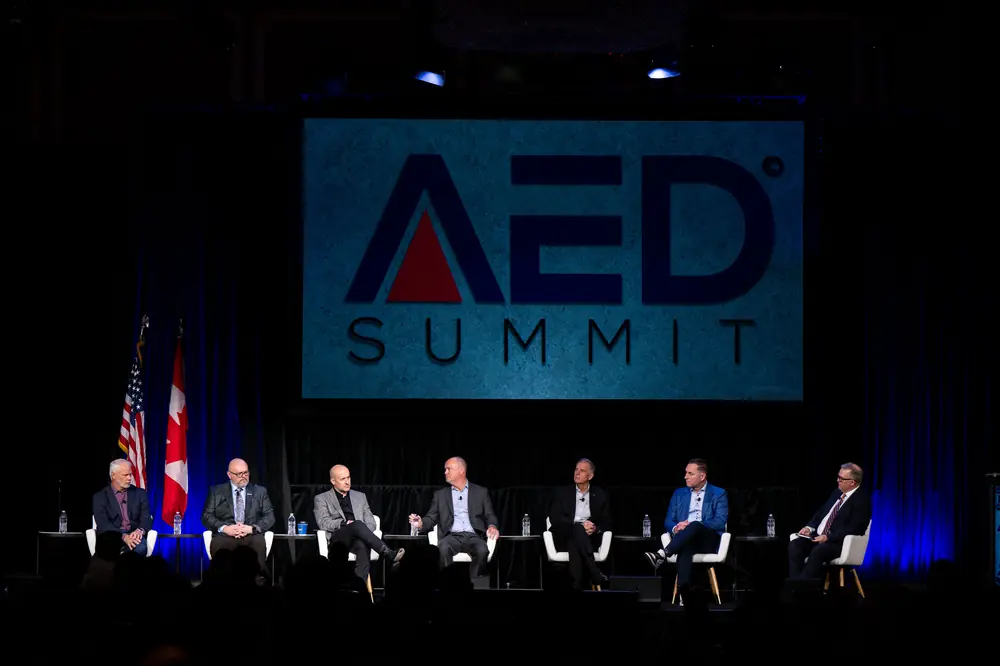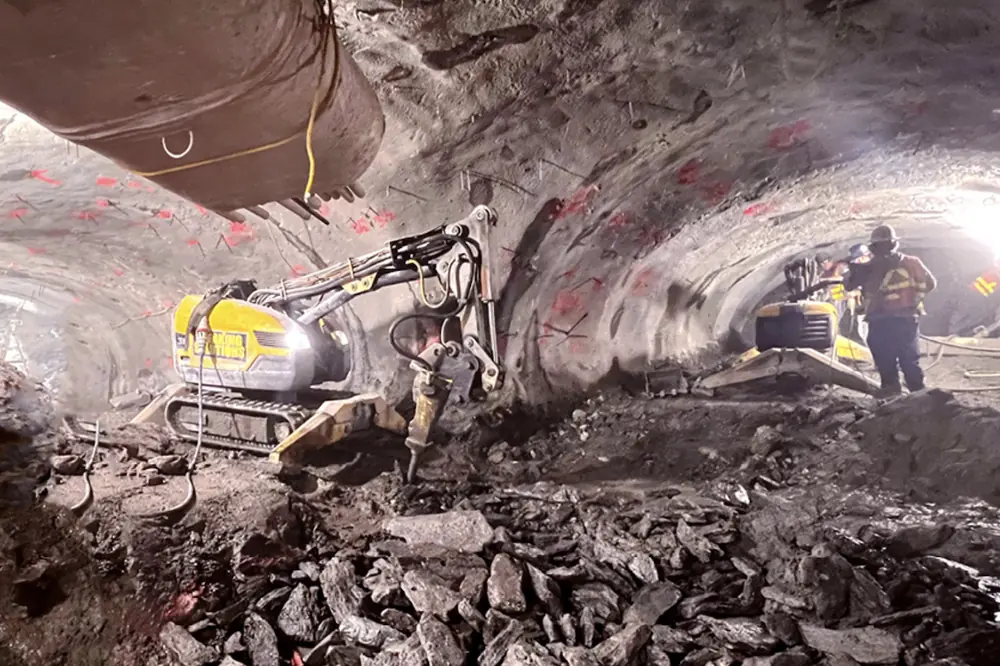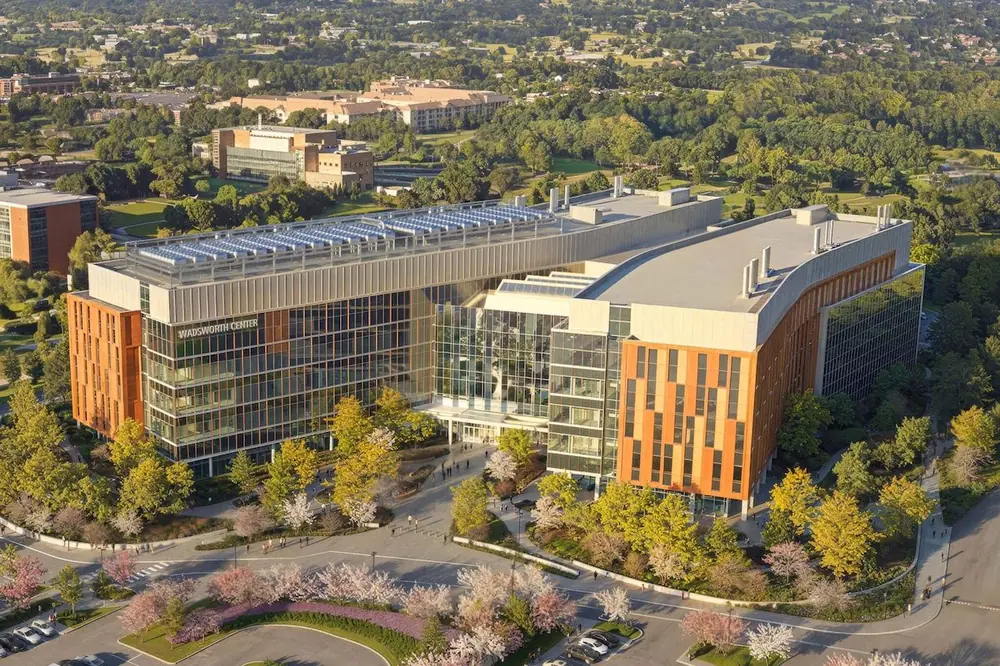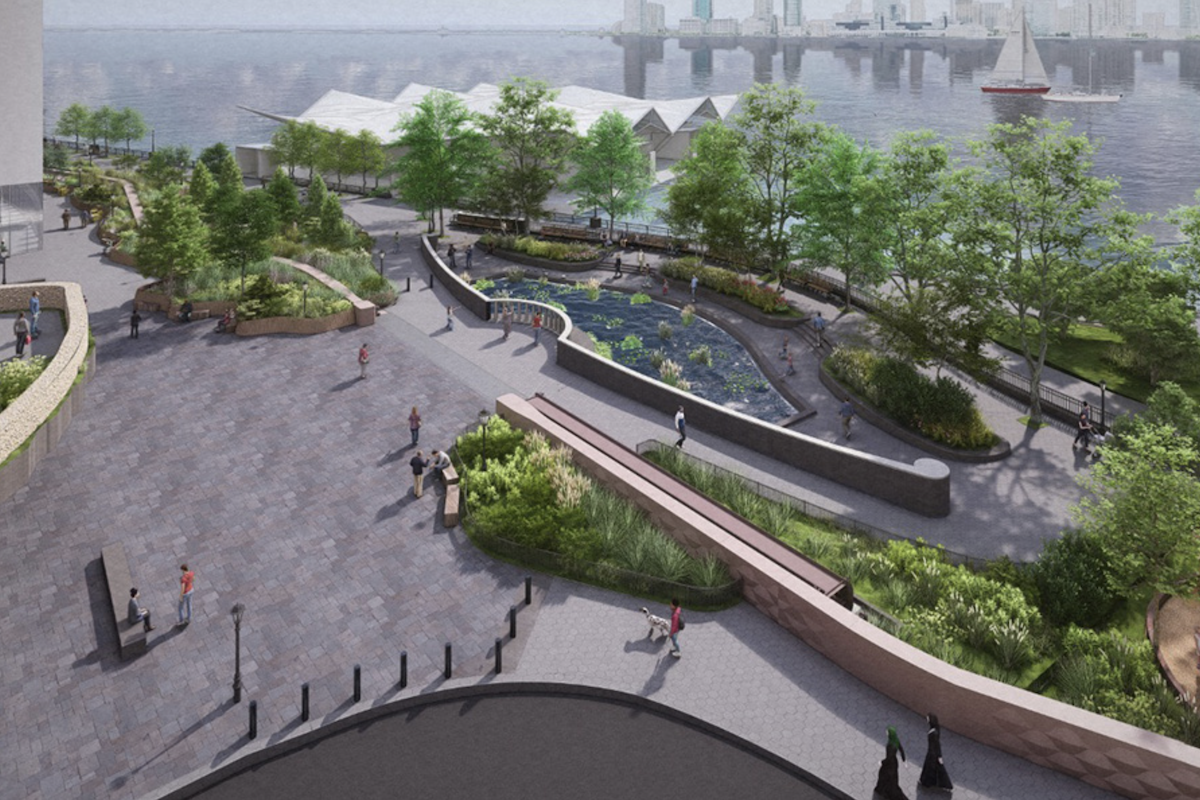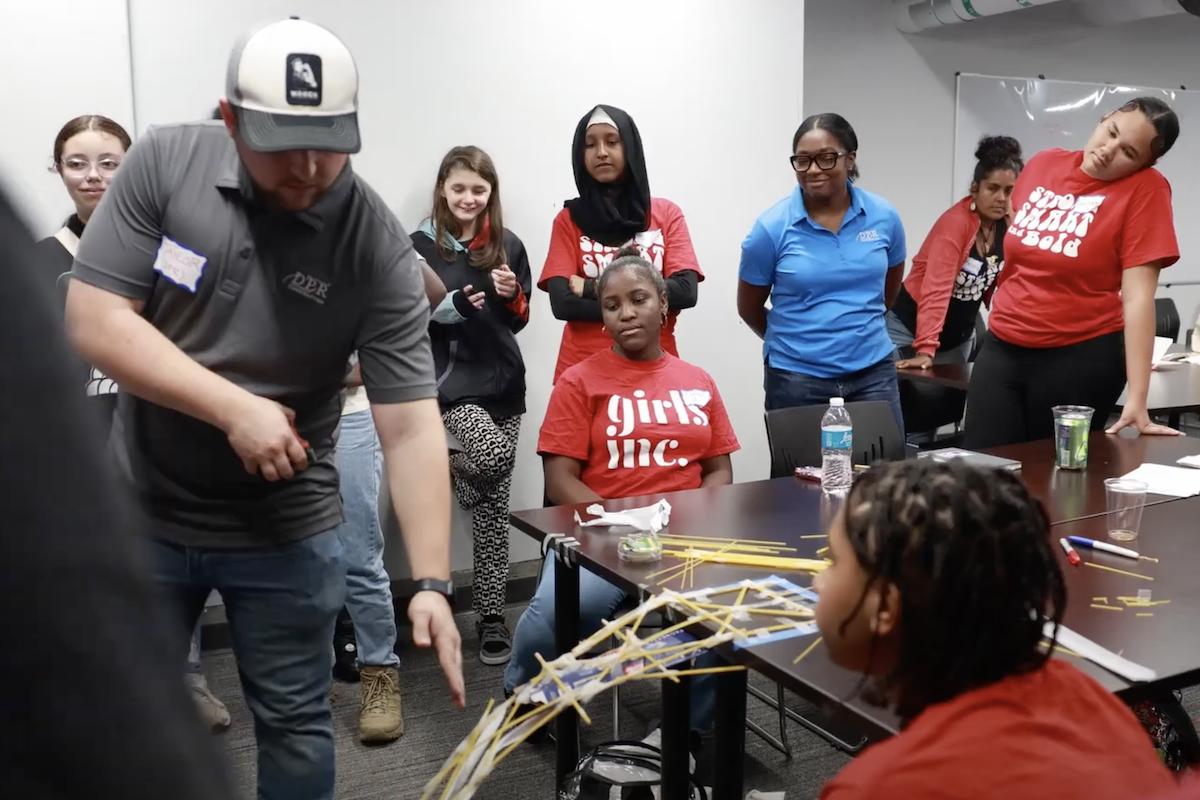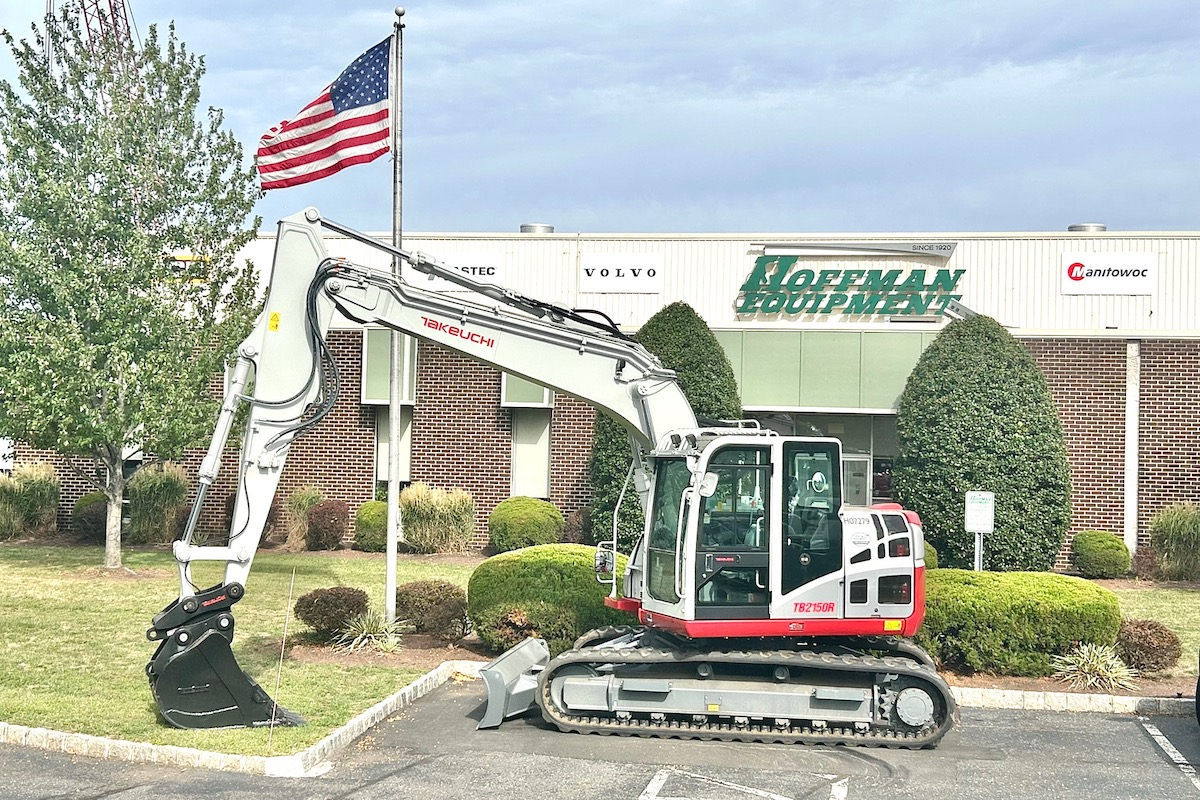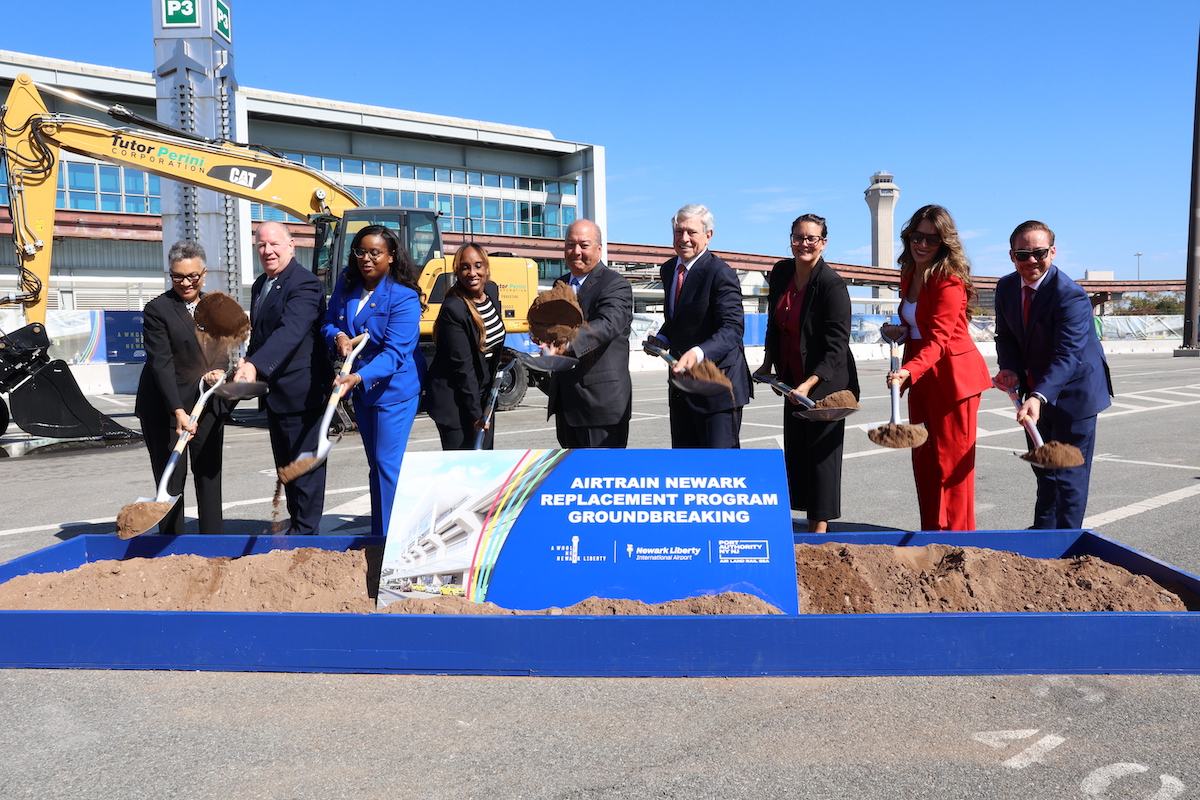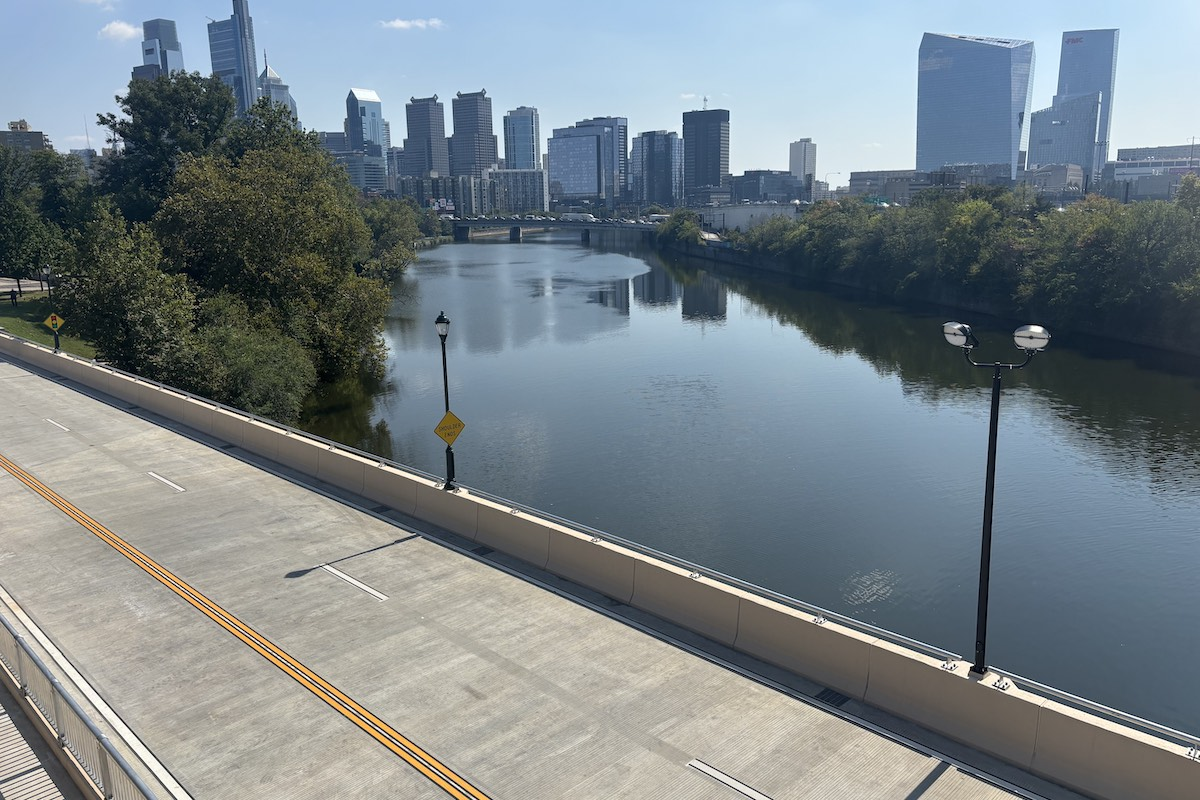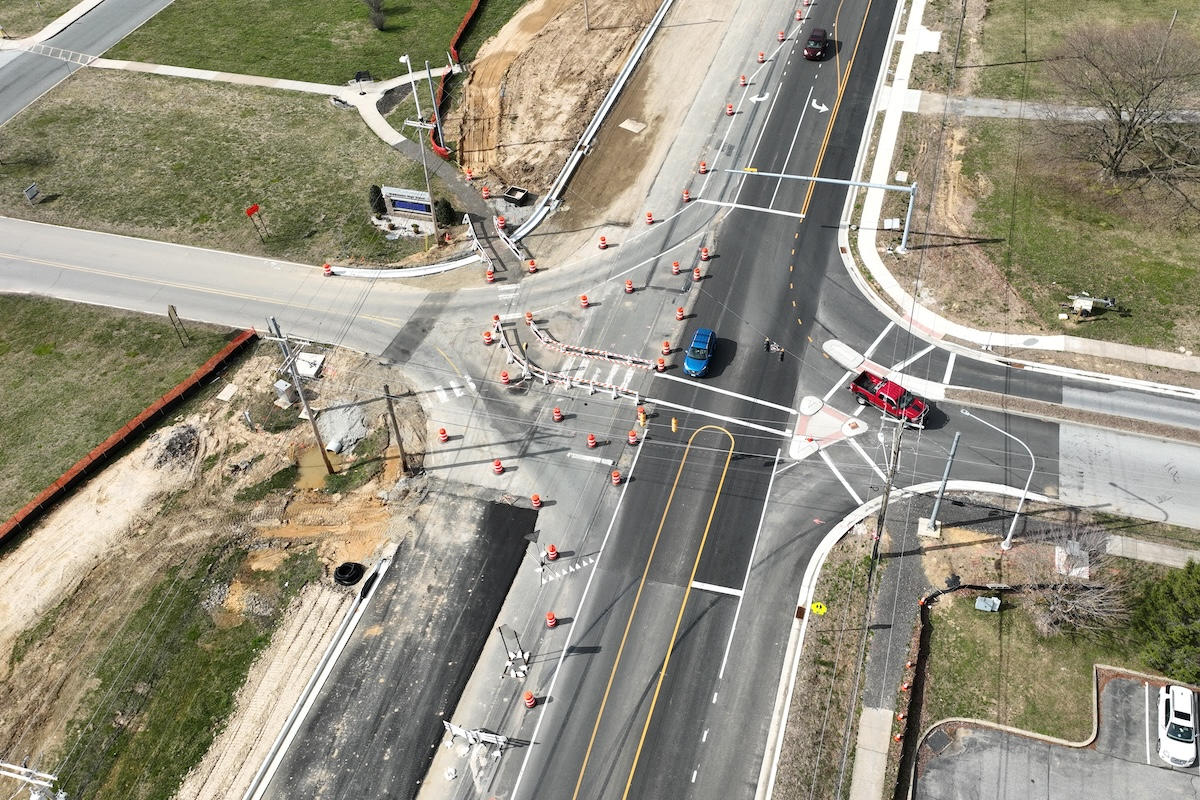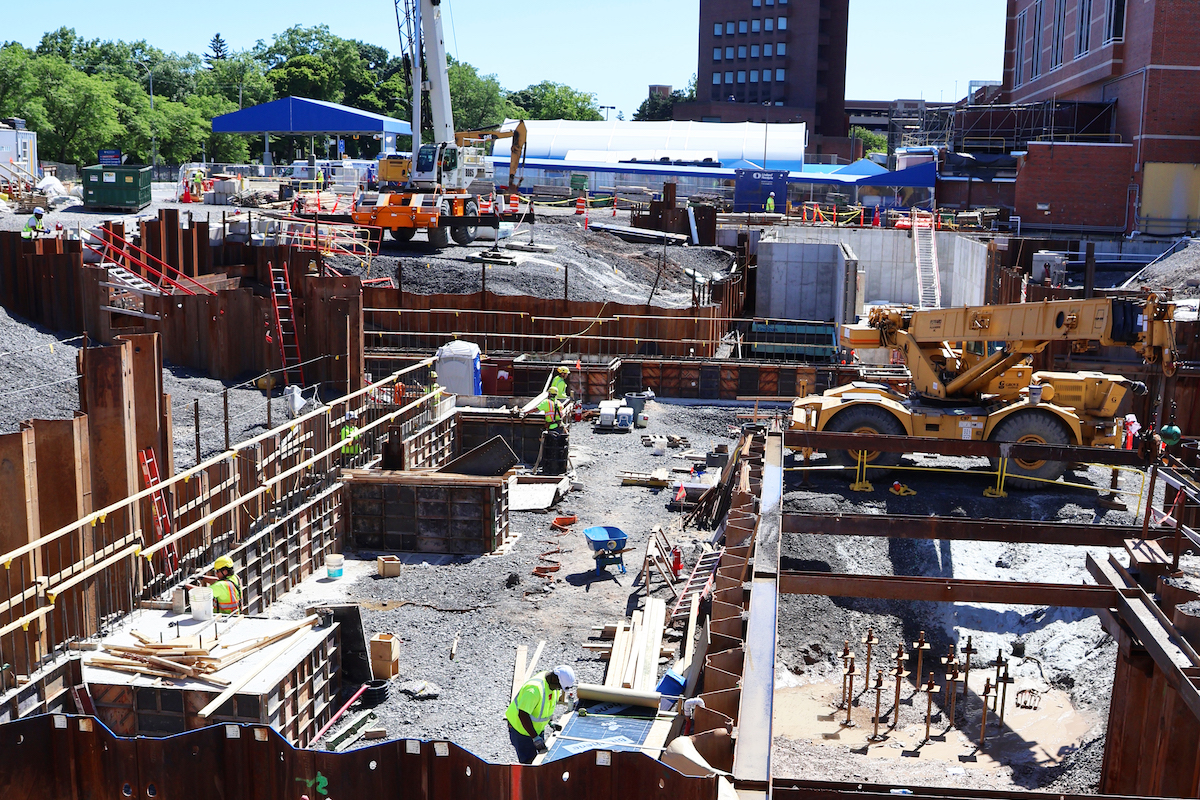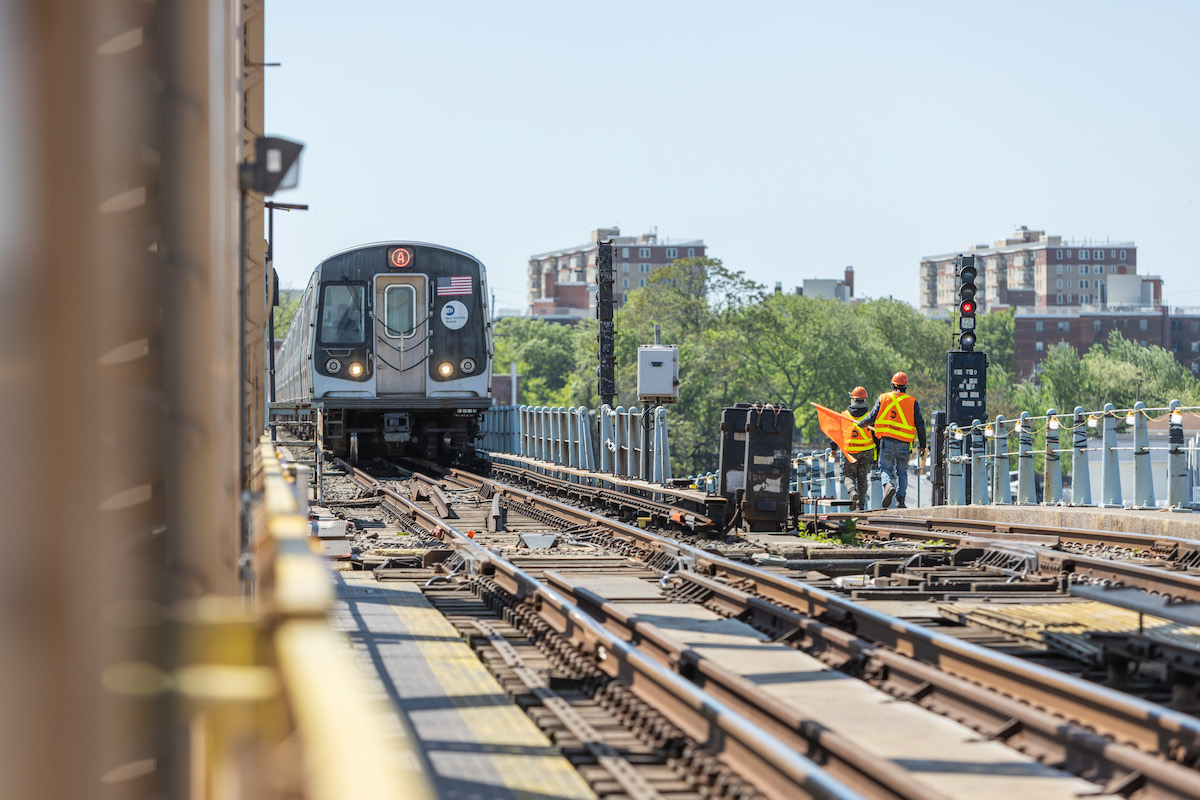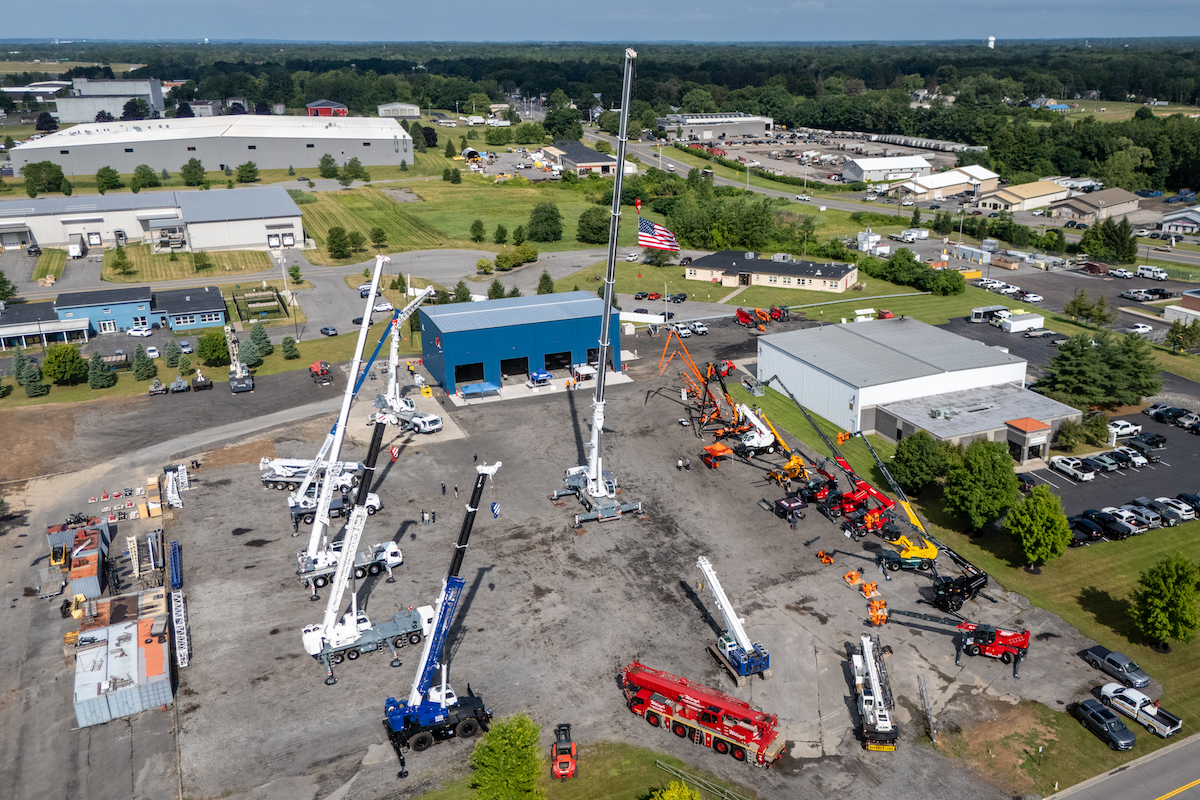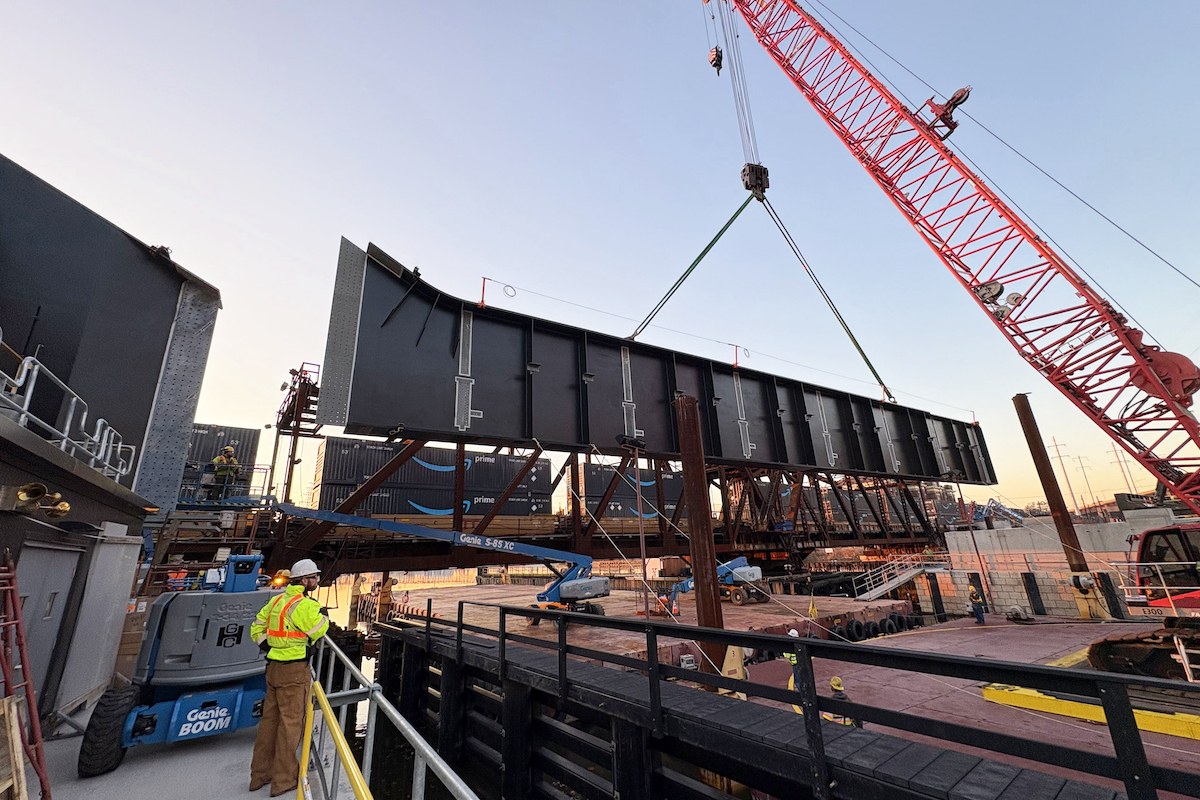“These awards are designed to set a new minimum standard of excellence for the construction industry,” said Tom Brown, AGC’s Vice President and President of Sierra Pacific West, Inc. in San Diego. “Considering what went into building these projects, that minimum standard is extremely high.”
For 41 years, the Build America Awards have recognized excellence in projects ranging across the building, highway and transportation, utility infrastructure, and federal and heavy industries. The projects are selected by a panel of judges comprised of contractors that look for projects excelling in: state-of-the-art advancement, project management, innovation in construction or use of materials, contribution to the community, client service, overcoming jobsite challenges, environmental sensitivity, and partnering excellence.
In the Pacific Builder & Engineer area, the following projects were awarded with 2023 Build America Awards.
A concrete box culvert at I-5 was replaced with twin 60-foot-long bridge structures and a large precast arch, and a double concrete box culvert at SR 11 was replaced with a 20-foot single span concrete box culvert. Additional improvements were made for sidewalks and cross walks at SR 11 and 30th Street. The Granite team also reduced the number of trees removed and minimized the loss of native trees by incorporating groups of existing trees into the final stream design and by using the existing trees as pieces of large woody material.

| Your local Trimble Construction Division dealer |
|---|
| SITECH Allegheny |
| SITECH Northeast |
Granite developed a canyon concept for the project that allowed a significant portion of construction to occur “top-down” and allowed for narrower lane and shoulder widths. The method reduced traffic impacts on nearby I-5 and eliminated a third phase of construction. The Washington State Department of Transportation (WSDOT) has since replicated this construction method on other design-build fish passage projects.
“The Padden Creek design-build team did an excellent job partnering with WSDOT’s NW Region and local tribes in delivering additional fish passable streambed in Bellingham, Washington,” said Bo Smith, Granite Area Manager. “Granite will continue to support WSDOT in pursuit of increasing sustainable salmon habitat in Western Washington. We appreciate AGC's national recognition of Padden Creek and its overwhelming success in Environmental Enhancement.”
One of the 10 largest hydropower dams in the U.S., the Dalles Lock & Dam serves around a half dozen commercial vessels each day. The Dalles navigation lock is of critical importance for commerce moving along the Columbia River, which is the No. 1 U.S. export gateway for wheat and barley, the No. 2 U.S. export gateway for corn and soy, and the No. 1 U.S. export gateway for West Coast mineral bulk.
Advanced American’s work on the project included de-watering the navigation lock; installing a nine-story stair tower; surveying and laser scanning the existing miter gate; modifying the mitered ends of the gate; and developing custom hydraulic wrenches to turn the 10-inch turnbuckles.
Prior to this project, the treated water was conveyed through a nearly 50-year-old, 30-inch pipeline that lacked the capacity to accommodate the region’s growing population. The treated water was then discharged into the Columbia River via a submerged outfall diffuser.
Advanced American built a larger, 48-inch pipeline and an improved outfall diffuser to replace the aging pipeline and outfall and to increase plant capacity. The new outfall diffuser meets water quality standards and improves the mixing and dilution of treated water discharged into the Columbia River. The project also reduces ongoing maintenance at the discharge location and allows future decommissioning of Ridgefield’s aging wastewater treatment plant.
With almost two-thirds of the new line sitting in the Columbia River, the Advanced American team overcame a significant challenge where they could only operate in the river from October to February. The team also reviewed water quality levels at least daily, ensuring zero impacts once the project was complete.





